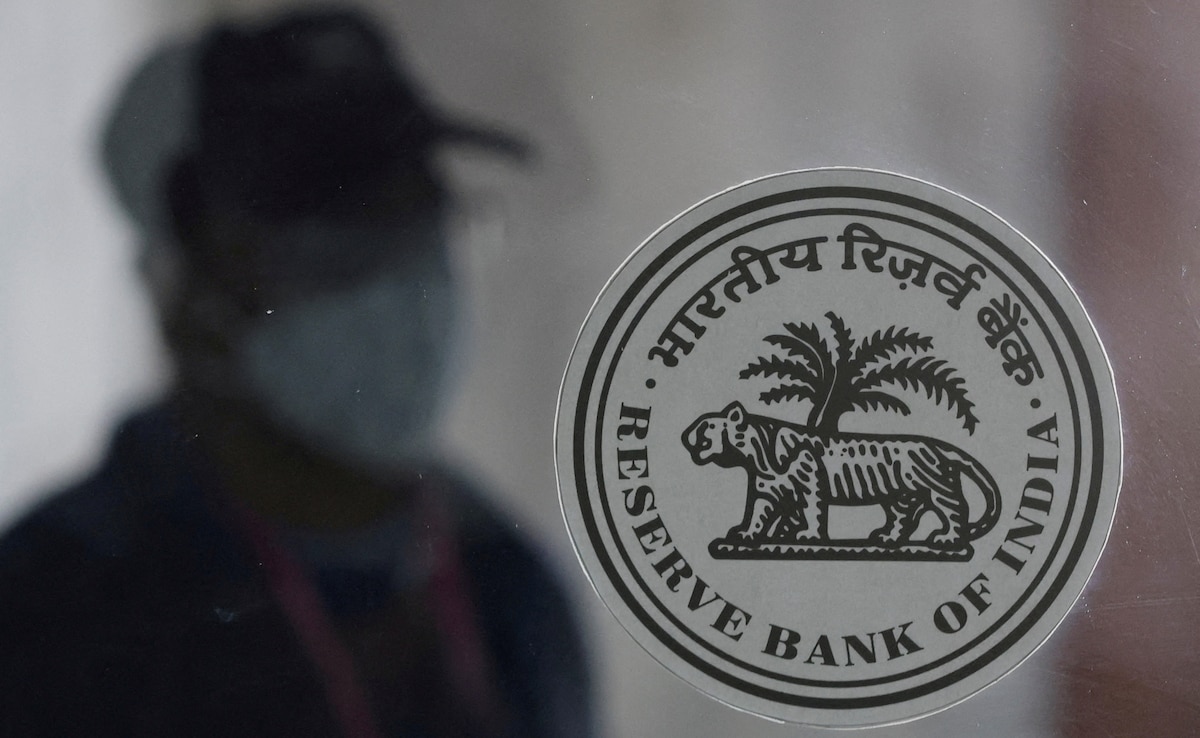
Several smaller fintechs have tie-ups with banks and non-bank finance companies (Representational)
New Delhi:
Top Indian banks and non-bank lenders have asked their fintech partners to curtail issuing tiny personal loans, three banking and one industry source said on Thursday, weeks after the central bank or the RBI clamped down on the fast-growing business.
Paytm plans to go slow on sub-50,000-rupee-loans (about $600), it said Wednesday, the first to announce such a move since the Reserve Bank of India, last month, told banks to set aside more capital to cover personal loans and lending via NBFCs on concerns that soaring demand could lead to higher risk.
“There is a clear signal from the RBI to pull back, so we will,” said a top banker at a mid-sized private sector bank that lends to about a dozen fintechs.
“We have signalled to our fintech partners that we don’t want to be present in the less-than-50,000-rupees loan category.”
However, this pullback is not at the expense of severing ties with fintech partners.
“While we don’t intend to completely cut back funding to fintech partners at this point, we have expressed our discomfort towards them going big on small ticket personal loans,” said another banker with a private sector bank.
The sources declined to be identified as they are not authorised to speak to the media.
Besides Paytm, several smaller fintechs have tie-ups with banks and non-bank finance companies (NBFCs) for small-ticket personal loans and the pullback will weigh on the availability of such loans.
The industry’s overall loan growth, estimates Macquarie, will moderate to 12%-14%, from above 15% currently.
Paytm’s stock price tumbled 20% on its plans to rein in small loans, and also weighed on Aditya Birla Capital, a key lending partner that, according to Morgan Stanley, Paytm said was looking to scale down small-ticket loans.
Aditya Birla Capital did not reply to an email seeking comment.
Macquarie said the regulatory monitoring around a bank’s growth and asset quality has increased, further prompting caution.
A third banker said the government-owned bank he works at had asked its fintech partners to selectively issue such small loans.
“We don’t want to come under regulator’s lens,” the banker said. “Better to stay away from that segment for some time.”
(Except for the headline, this story has not been edited by NDTV staff and is published from a syndicated feed.)




